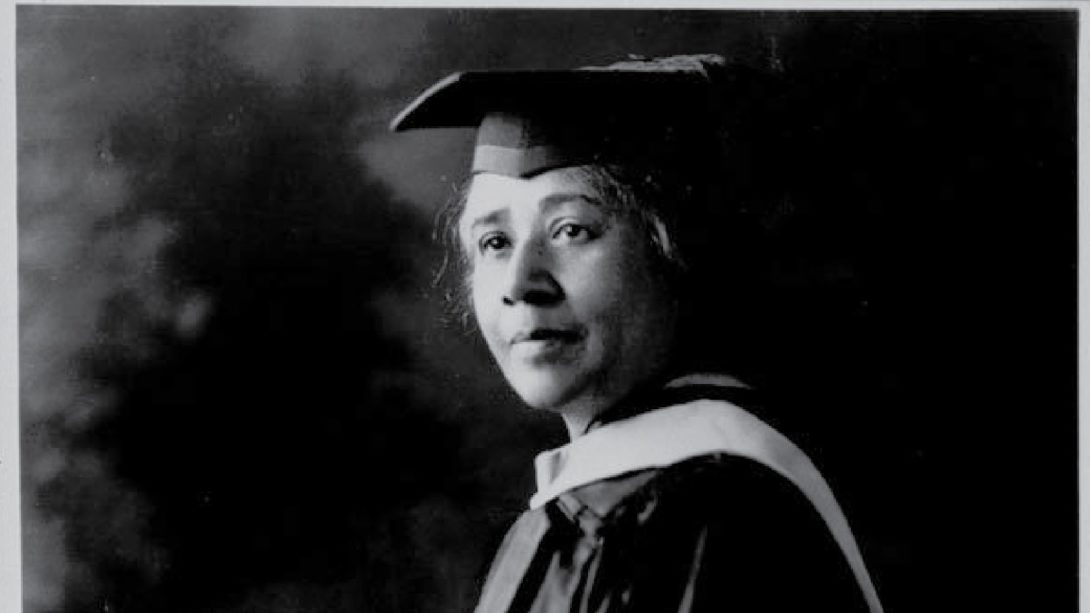One of the main arguments against Mike Huckabee has been his lack of funds. Someone, the argument goes, will have to outspend Hillary to win the generals, and because Huck ticks off those oh-so-wealthy fiscal conservatives, he won’t stand a chance.
Login to read more
Sign in or create a free account to access Subscriber-only content.
Topics:
